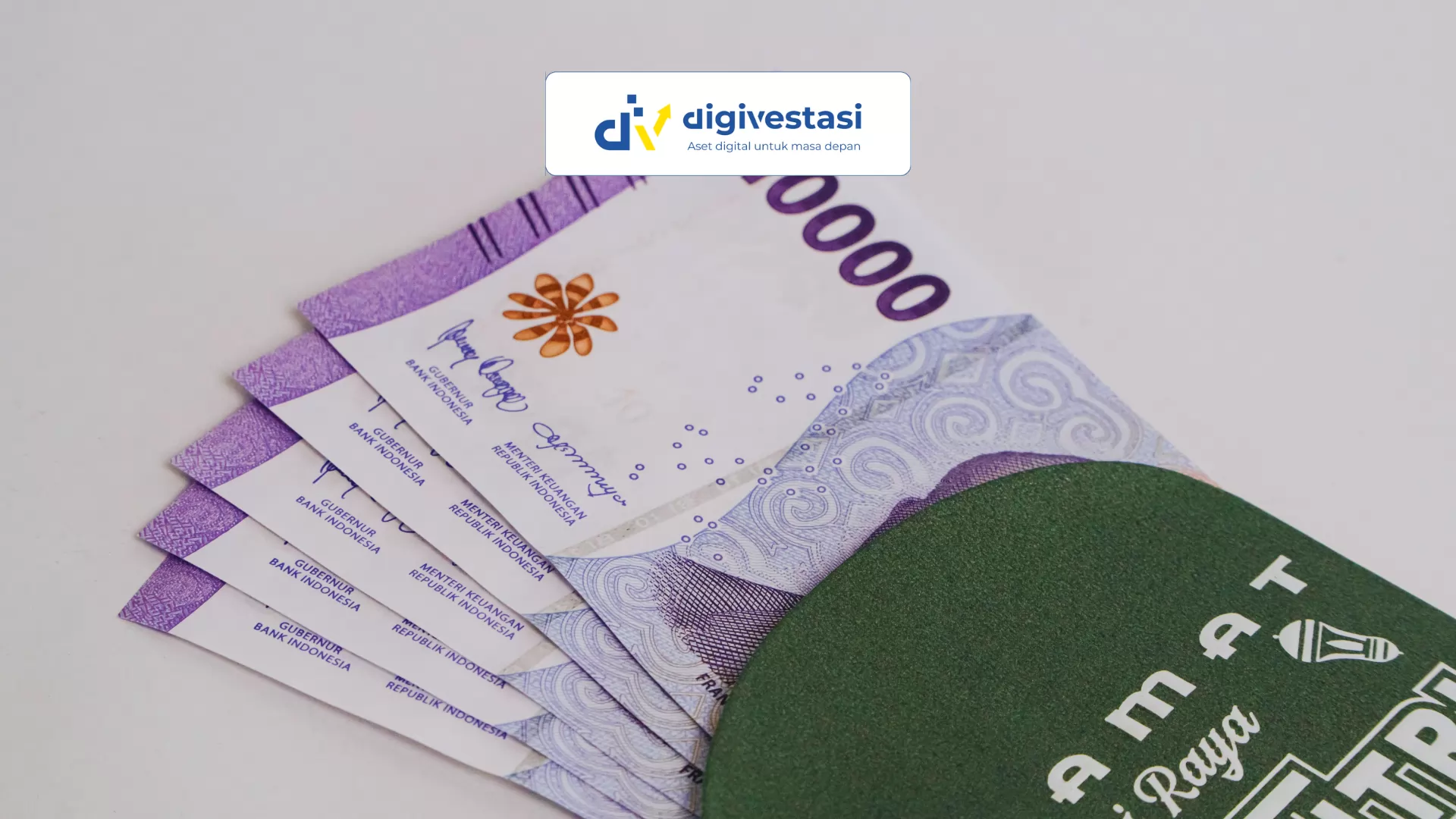
News Update
Purbaya Gives Ministries 16-Day Deadline to Finalize Budget
/index.php
Edukasi - Posted on 06 March 2025 Reading time 5 minutes

The Importance of Financial Planning During the Month of Ramadan
The month of Ramadan is a special time for Muslims around the world. Besides being a period for increasing acts of worship, this month is often associated with rising expenses. Without proper financial management, the surge in costs during Ramadan can affect financial stability after Eid. Therefore, financial planning becomes an essential step to consider. Here are five key reasons why managing finances from the beginning of Ramadan is crucial.
During Ramadan, people's consumption patterns change. The need for pre-dawn (suhur) and iftar meals often leads to higher spending on food. Additionally, the desire to serve special dishes frequently encourages people to purchase more than usual. Without a well-planned budget, this spike in expenses can impact financial stability in the following month.
Massive discounts and special Ramadan promotions often tempt people to shop more. From new clothing and worship essentials to home decorations, everything appears appealing to buy. Without careful planning, impulsive shopping habits can lead to excessive spending, ultimately affecting financial stability.
Eid is synonymous with various additional expenses, such as travel costs for returning home (mudik), holiday bonuses (THR), and purchasing gifts for family and relatives. If not well-prepared, these expenses can become a significant financial burden. With proper financial planning, funds can be allocated wisely, reducing financial strain leading up to Eid.
Ramadan is known as a month of blessings, during which acts of giving through zakat, infaq, and sadaqah are highly encouraged. With effective financial planning, a dedicated fund for charity can be set aside without disrupting essential needs. This allows individuals to continue sharing with others without feeling financially burdened.
One of the common financial challenges after Ramadan is the imbalance caused by uncontrolled spending. Many people end up taking on debt to cover expenses during Ramadan and Eid. With well-structured planning, these risks can be minimized, ensuring financial stability remains intact after Eid.
Financial planning during Ramadan is not just about saving money but also about managing finances wisely to maintain financial health. By setting a budget from the beginning, the holy month can be observed with greater peace of mind, free from financial worries. Therefore, it is essential for everyone to start managing their finances early, ensuring a smooth and blessed Ramadan and Eid.
What do you think about this topic? Tell us what you think. Don't forget to follow Digivestasi's Instagram, TikTok, Youtube accounts to keep you updated with the latest information about economics, finance, digital technology and digital asset investment.
DISCLAIMER
All information contained on our website is summarized from reliable sources and published in good faith and for the purpose of providing general information only. Any action taken by readers on information from this site is their own responsibility.